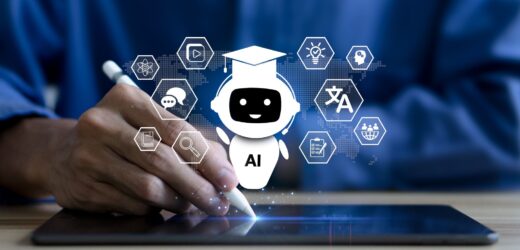There is no question that self-regulation of learning is more essential in online than in face-to-face courses. In online courses, students cannot depend on having a teacher physically there to answer their questions and keep them on track. Online students are more responsible for planning and setting goals for their work in the course. They do more self-monitoring and controlling of learning processes. They need to be able to decide if they should put in more effort, how hard they should keep trying, and whether they should seek help. Students in face-to-face classes should be exploring these issues as well, but if they aren't, teachers will likely find out and raise the issues.
Related Articles
I have two loves: teaching and learning. Although I love them for different reasons, I’ve been passionate about...
When Kahlil Gibran speaks about pain, he likens it to medicine and connects healing to understanding. The understanding...
As the Covid-19 pandemic ran its course, you most likely found yourself adapting classroom policies and activities to...
Every teacher wants to have energetic classes where students are involved in their learning, a goal that is...
I’m a statistical curmudgeon. When I teach statistics, I allow students to use only handheld calculators. I neither...
One of the most powerful uses of AI in education is providing personalized tutoring to students anytime and...







